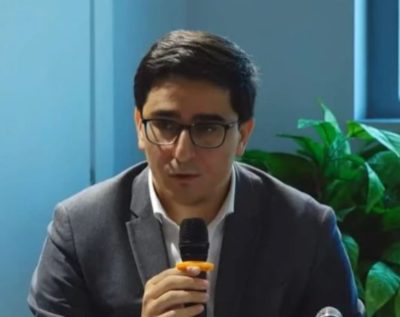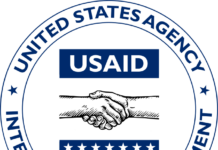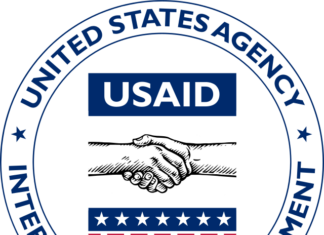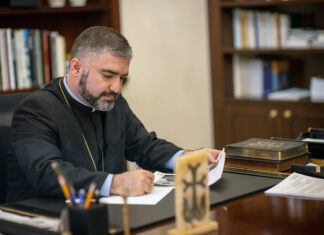BELMONT, Mass. — On Thursday, September 22, the National Association of Armenian Studies and Research (NAASR) sponsored a talk by Dr. Yeghishe Kirakosyan about the current sustained attacks against Armenia.
Kirakosyan, who was introduced by his colleague Karnig Kerkonian, is the representative of the Republic of Armenia to the International Court of Justice (ICJ) and the European Court of Human Rights (ECHR). As such he is the leader of a team of lawyers and experts who are representing Armenia in the arena of international law, pursuing a legal case against Azerbaijan for human rights violations. Kerkonian is also a member of this team.
Kirakosyan, who received his LLB and PhD from Yerevan State University, has also received an LLM from Georgetown and a Master’s from Stanford. He has been an advisor to Prime Minister Nikol Pashinyan in various capacities and held teaching positions in various universities.
Kerkonian referenced the video circulated on social media of the Armenian woman soldier, Anush Apetyan, who was killed and subjected to gruesome treatment by Azerbaijani forces. “State-sponsored ethnic hatred against the Armenian people is what we are seeing again,” said Kerkonian, “A century later, it remains a reality.”
Filing Claims Against Azerbaijan
Kirakosyan began his talk by summarizing the claims that have been filed by Armenia against Azerbaijan in two international courts: the International Court of Justice (ICJ), also known as “World Court,” which is a part of the United Nations structure; and the European Court of Human Rights (ECHR), which is administered under the Council of Europe.









